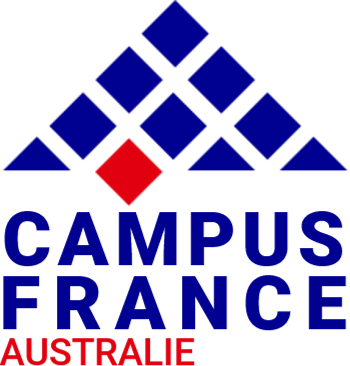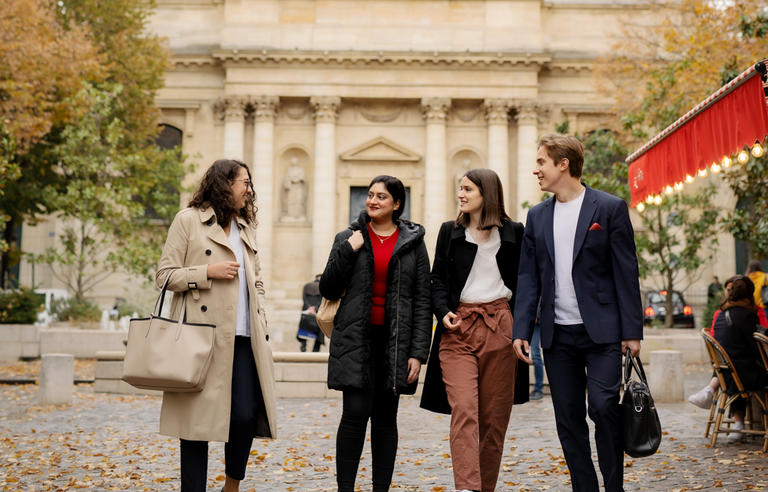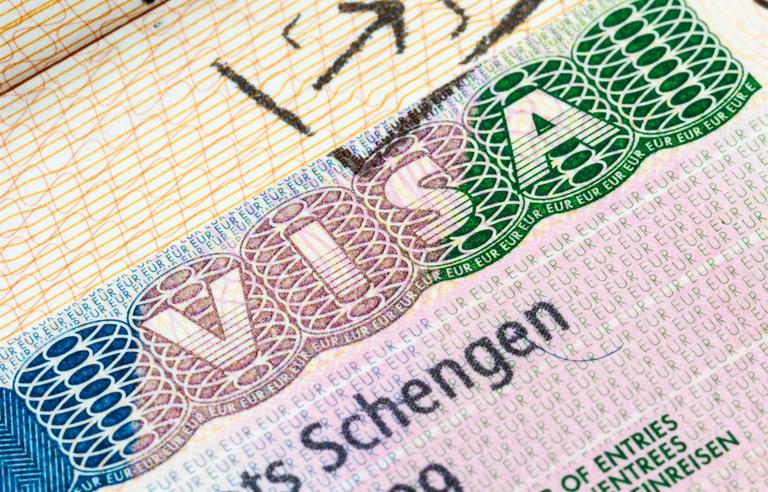You can add to your revenue by working while you study in France regardless of your level of studies or nationality. In a company or in the university, each student has the right to work. Here are a few rules to learn.
Table of contents
Every foreign student has the right to work in France
Working at your university
Doing an internship required by your programme
Looking for a summer job?
Every foreign student has the right to work in France
International students have the right to work while studying in France as long as they are enrolled in an institution that participates in the national student health-care plan. Students who are not nationals of EU member countries must also hold a valid residency permit, so the right to work applies to all holders of a student visa.
French law allows foreign students to work up to 964 hours per year maximum, the equivalent of 60% of the legal work year. This works out to 21 hours per week. However, this is calculated over the year, meaning you could work full time (35hrs/wk) during holidays, for example.
France has a guaranteed minimum wage by law, which applied to French and foreign students alike. Commonly called the SMIC (Salaire Minimum Interprofessionnel de Croissance), it is a gross wage of €10.25 per hour as of January 1st, 2021. After deducting mandatory social charges (about 20%), the net wage is around €8.11/hour. In other words, a foreign student working the maximum hours per week on minimum wage can earn €7,818 (~$12,000 AUD) net per year.
Remember that you shouldn't plan to meet all of your expenses by working part-time, so you must have other means of support before arriving in France.
Working at your university
In France, international students are also eligible for student jobs at universities and other public institutions of higher education. Students are often hired for activities that contribute to the well-being and social atmosphere within the university, including assisting incoming students, helping disabled students, providing tutoring, providing IT support and assistance, coordinating and staffing cultural, athletic, and social events, working in the career center, and supporting their institution's promotional efforts.
Student employment contracts are offered for a maximum period of 12 months. They run from September 1 through August 31.
In order to help students succeed and find work afterwards, student work in a university is adapted to their timetables and classes. For the same reason, students who work in French universities may not work more than 670 hours from September 1st to June 30th, and no more than 300 hours from July 1st to August 31st.
Student employees follow a work schedule that will not interfere with their studies. The terms and conditions of employment specified in the contract are adapted to the requirements of each student's program so as to ensure academic success while also offering work experience.
Doing an internship required by your programme
Some degrees require students to undertake an internship as part of the requirements to qualify for the award. French and foreign students are subject to the protections under French law:
- Every internship must have an internship contract, signed by the company in France, the tertiary institution and the student.
- If the duration of the internship is more than two months, the company is obliged to pay the student an internship stipend.
- The stipend amount is roughly ~600 Euros minimum per month (as at 1st January, 2021)
- The time that students spend in internships connected with their academic program (in the framework of the internship contract) are not counted toward the maximum allowable working hours mentioned above.
Looking for a summer job?
Resources to help you find a job
Several online resources facilitate job hunting for students:
- Jobaviz: a job offers platform managed by the CROUS that helps students find a job matching their profile.
- CIDJ: The Centre d’Information et de Documentation Jeuness” publishes job offers for students on its website.
- France Alumni: Members of the France Alumni network have access to many job offers from companies looking for multicultural profiles. Users can use an interactive search engine to seamlessly find a job and/or an internship.
Useful tips
- Take your time to update your resume and adapt it to the offers you are applying to
- Take care in writing your email or cover letter
- Don’t hesitate to send spontaneous applications to companies you’re interested in to make yourself known
- Be attentive of your e-reputation and information about you accessible to others. Recruiters continue to use social media to explore their applicants’ profiles
- Think about industries recruiting during summer: agriculture, restaurants, services to individuals, business and mass retail, etc.
- A summer job corresponding to your professional project may be an asset for the future.





















